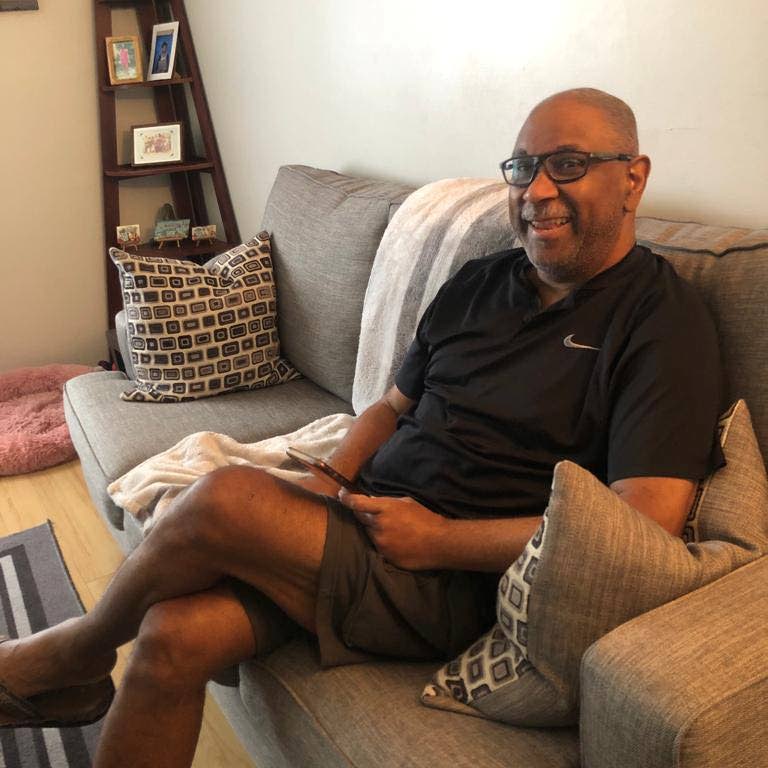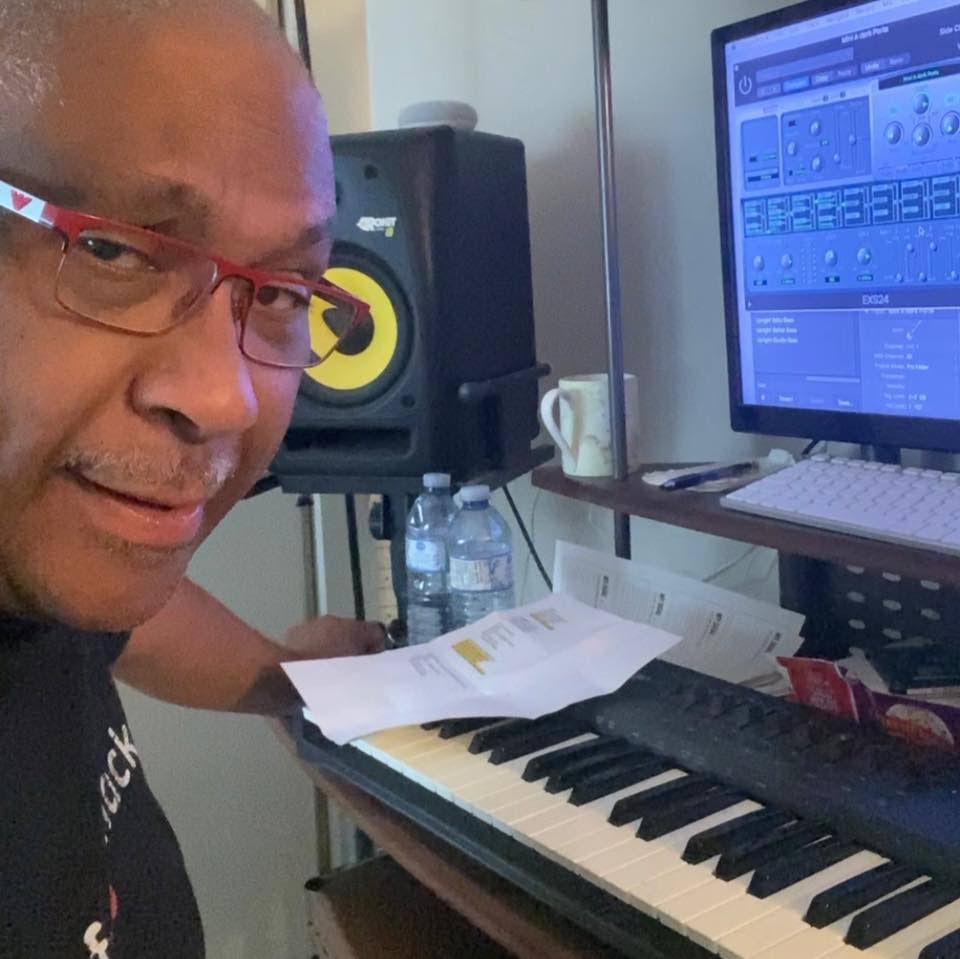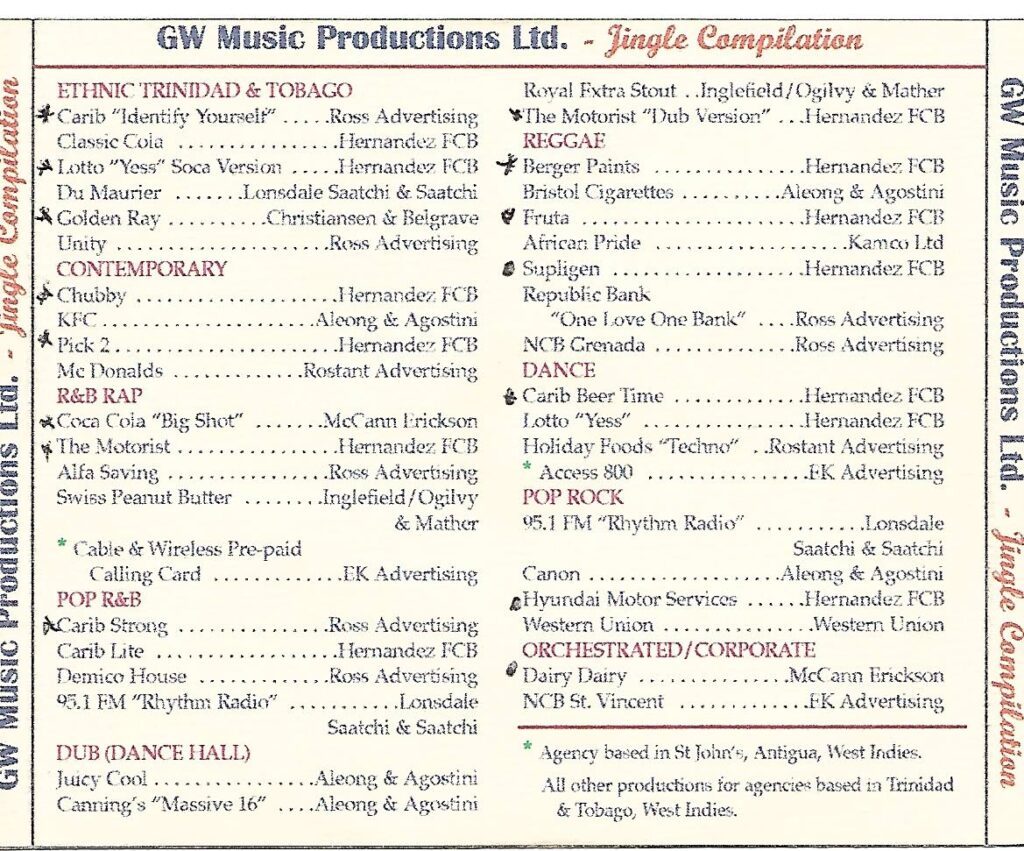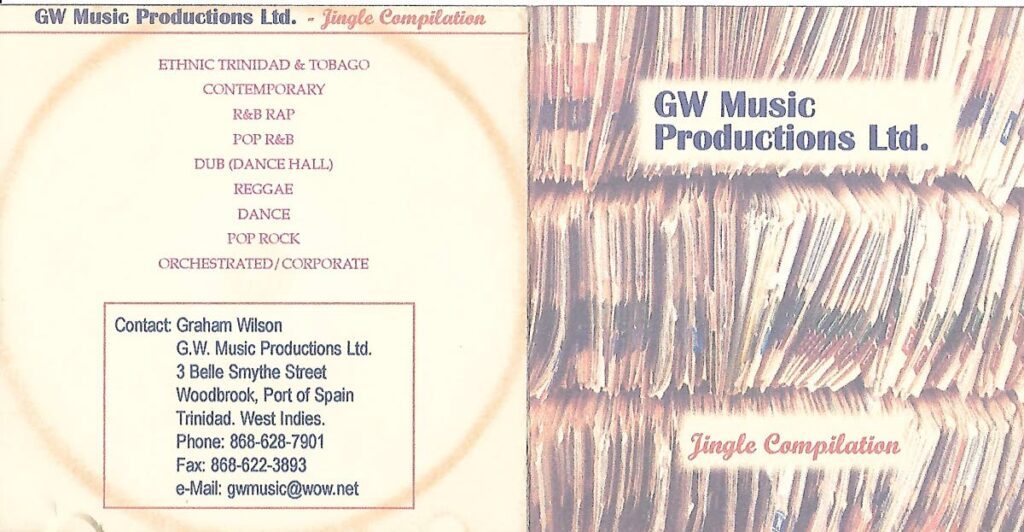Willo: Master musician ahead of his time

MARTIN RAYMOND
I’m not sure how my cousin Graham “Willo” Wilson got into music. Maybe it was those afternoons in Bell-Smythe Street, Woodbrook, messing with his older brother Guy’s record collection. Like the time we discovered that if we recorded Guy’s prized Bee Gees records on another tape recorder placed in front of the speakers of Uncle Cecil’s stereo, it sounded somehow like a live concert recording.
Or maybe it was the booming bass from the stereo in his sister Helen’s room, which used to try the patience of their mother, Yvonne.
Maybe it was my fault. When I joined the band Fire Flight at 18, he and his friend John “Pops” Popplewell used to come to all our soundchecks, still in their St Mary’s College uniforms, whenever we played in Woodbrook.
He never had formal music training – outside of a few piano lessons (which he hated).
But he was way more musical than me. He and Pops used to harmonise perfectly along with all those Bee Gees, Abba and Eagles records like it was nothing. And find spaces and notes that didn’t even exist on those records.
When Graham got into playing keyboards, he would come up with the most incredible chord progressions and chord voicings, which would leave me open-mouthed. Most times he had no idea of the names of the chords he was playing; he just did what sounded good to him. I would be like, “You know you just played a GbM7#5add13 there?” and he would just shrug his shoulders. Sometime in the 1980s, he started what was probably one of the first home studios in TT. Out of a back room in Bell-Smythe Street, Willo and Pops mixed an electronic cocktail using what were, to me, little toy synthesisers: the now-classic Roland TR606 Drumatix and TB303 Bassline.
They sent demos out to practically every record company worldwide, eventually catching the ear of the UK’s Electronic Soundmaker and Computer Musician magazine. The publication seemed surprised that such cutting-edge sounds could come from the Caribbean, describing their sound as “…more LA than JA.” It was one of Graham’s proudest moments – to be featured alongside some of his idols like Howard Jones, Duran Duran and Depeche Mode.
Recently, almost 40 years after the fact, some of this music caught the attention of various labels in Europe, who reached out to Graham in an effort to license it. There is now renewed interest in Europe in this forgotten period of Caribbean disco and electronic music. Graham was clearly a man ahead of his time.
When I decided to go to England to further my music career in 1986, at the urging of my brother Afra Raymond and cousin Mark Raymond, the original plan was that Graham would go with me. His father Cecil quickly vetoed that idea and insisted that Graham get formal training in audio instead.
After studying in the US, he got his start in sound engineering at Mark Fojo’s Star Sound studio in Goodwood Park. There it quickly became apparent that he had an ear for jingle-writing and a knack for creating catchy melodies (remember those?).
He eventually branched out and set up his own studio, converting several more rooms at Bell-Smythe Street into a proper studio. There he started his dominance of the jingle industry, crafting memorable advertising jingles for practically every agency and brand locally and regionally – from banks to beer, from furniture to soft drinks. For kids, he was the voice of Mr Chubby with the classic “Let’s go to Chubbyland!” line, the magic behind campaigns for Kerrygold, Dairy Dairy and many, many more.
Together with Adrian “Sean” Bartholomew and Mark Fojo, he started the Jingle Writers Association, which aimed to ensure fair pay for all in the industry.
He had a stint in New York working with legendary Trini producer Keith Diamond (known for his work with Billy Ocean, Mick Jagger, Michael Bolton and more), on what was to be a local supergroup – Axxis, featuring Keith “Ajala” Sutherland, Designer, David Achee and others.
The project was cut short by Keith Diamond’s sudden passing. In 1997 Graham scored a top-ten hit in the UK with his work on a cover of the Beatles’ Hey Jude from local boy band New Creation, produced by Eddy Grant.
From the 90s to the early 2000s Graham had a significant impact on the local music industry. Working out of Eddy Grant’s Blue Wave studio, he was involved in some of SuperBlue’s biggest hits, including Signal to Lara. In his own right as a producer, he crafted 3canal’s debut hit Blue and their follow-up Mud Madness, along with Ataklan’s Flambo and Kindred’s Celebration. His touch was apparent in Sanell Dempster’s 1999 Road March The River, with its game-changing half-speed slowdown break, Chinese Laundry’s Colours and Short Pants, and Nigel and Marvin’s The Urge, along with various hits for Second Imij.
He worked closely with a Who’s Who of local calypso and pop music, including the late Denyse Plummer, Gypsy, Colin Lucas, Robin Imamshah, Richard “Nappy” Mayers and Andre Tanker, among others. We were working on putting together a complete discography of his work – there’s so much more…
Graham was an early adopter of technology: he was master of the MPC drum machine, created one of the first all-digital studios in TT, and was one of the first to move entirely to using computers and software.
I first heard the magic words VST Plug-in from him. This was Virtual Studio Technology – a brand-new format that allowed accurate reproduction of hardware devices in software. He was a brilliant and very underrated mixing engineer. He had a great touch and feel for music. And above all he was one of the coolest, most humble people you could ever meet.
He eventually moved out of Bell-Smythe Street around 2003/4 and built a new studio in St Ann’s.
A year later, when he decided to migrate to Canada, he handed the whole studio over to me.
That is where I set up Champion Sound Mastering. So, to all my clients for the past 20 years – you have Graham to thank. I didn’t do anything. I just put my speakers in the room he built.
Rest in peace, my cousin and friend. Condolences to his family and all whose lives he touched with his music and mentorship.
Graham Wilson died in Ontario, Canada, on October 22.
Martin Raymond has been a musician, record producer and engineer for over 40 years. He is an associate professor in practice at the University of TT with responsibility for the digital media arts programme.




Comments
"Willo: Master musician ahead of his time"